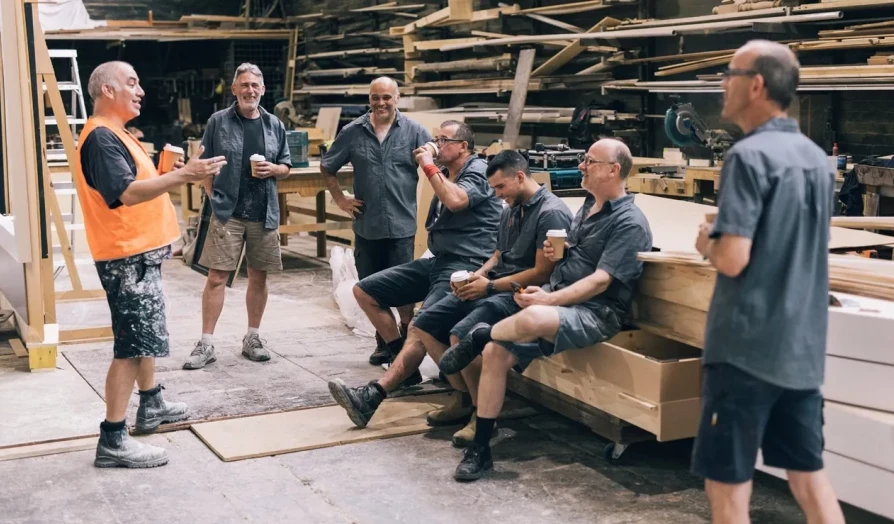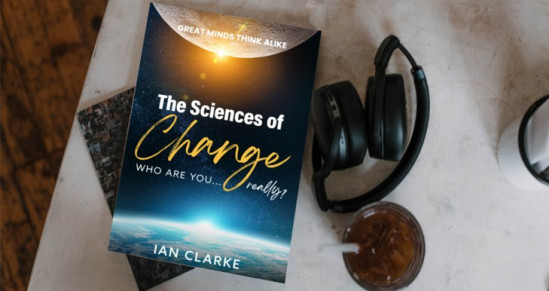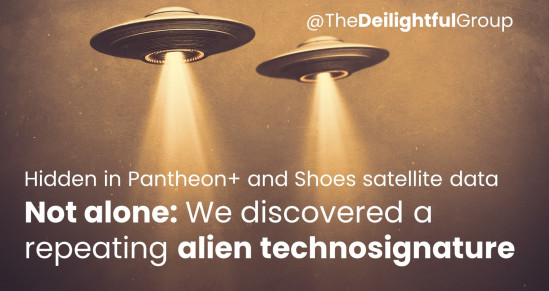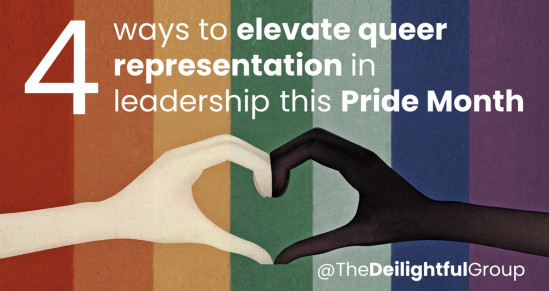Consider for a moment this English construction company, made up entirely of white cis-men. Of course it neither requires nor has the expertise to setup a working group dedicated to encouraging female or non-white engagement. And in any event, it’s always performed well financially with a loyal customer base that values it.
Diversity and the build environment
Growing up in 90's Pimlico, my only experience of construction - then an industry with an acute skills and capacity problem - was ubiquitously white men wolf-whistling at mum as we walked past. But in 2004, 10 Eastern European countries joined the EU, opening the doors for high skilled, lower paid workers to enter the fray, adding much needed capacity, skills, competition and different approaches to construction excellence. Since then, gender and race inclusion have transformed this industry into an economic powerhouse, whose capacity growth outstrips population growth by 25.6% (change in Construction Output Index 1997-2021 versus change in UK population, Source: Statista, ONS).
Today's tools and techniques mean any physical work within this critical industry is well within capability of most men and women in equal proportions. Just as clearly, race plays no part in shaping or mishaping a quality structure. And yet, both women and non-white ethnicities still face -70% under-representation because of the inherent biases born through narrowed perspectives of the predominantly white men who design construction projects and sites without their needs in mind.
We see ineffective Diversity, Equity and Inclusion strategies everywhere
Corporates (and occasionally DE&I consultancies) talk-the-talk on diversity and representation. It's fashionable and customers like to see it. But if we peer beneath the Performative Allyship, we glimpse true identities. The primary reason oppression continues to blight our firms with illegitimacy and lack of meritocracy that fuel corruption and poor performance is that firms remain resolute in punishing anyone who falls victim and those who advocate for them (whistleblowers). Until this ubiquitously incorrect behaviour changes, there can be no resolution to the clear legal and reputational risks plus significant financial disadvantages borne from the status quo. For example:
Today, those who Speak Up about unethical practices at work are almost always punished rather than rewarded. Studies show 75% of whistleblowers face retaliation both at work and long beyond 61% of them lose their jobs, causing up to 10% to attempt suicide (Sinzdak 2008 ; Golshan, 2017).
This 'blame the victim' culture goes well beyond Speak Up systems too. For example, women's networks and gender advocacy are dominated by women making a compelling case for change. All too often, we leave it to those without privilege to campaign for more privilege. But without outgroup advocacy (allyship) from white people, the US Civil Rights Act would never have become a reality. And for the same reason, women cannot #breakthebias alone. A recent BCG study showed that when men come along for the ride, progress on gender inclusion is three times more likely.
Marginalised people today are the most over-coached and under-sponsored groups in big business. Whilst leadership training and ERG membership are both best practices for anyone with leadership aspirations, our advice here for boosting representation would be to focus primarily on educating those at your firm with privilege on the very real and unfair challenges facing those without it.
Assessing the mounting costs of exclusion
Given its employees are visibly homogenous – universally exhibiting multiple irrelevant extrinsic characteristics that have no bearing on their ability - chances are it won’t feel like the most welcoming place for any new joiners with gender or ethnicity diversity.
And since almost two-thirds of people in England aren’t white cis-men but still require dwellings and workspaces, we can begin to assess the true cost of lost potential for our merchant client from its exclusionary values:
Unique ideas and skills from their lifetime of different perspectives.
Marketability and referral power over projects or job roles within their community.
The legal risk mitigation that comes with being visibly and genuinely inclusive.
Exclusion and disengagement are ultimately self-perpetuating until we actually do something about them. Unwittingly, this business is failing to thrive because it doesn’t value difference.
Lucrative, meaningful change is coming. Don't get stuck in the past. Contact us to get started.
Wherever you are on your culture transformation journey, there's no need to go it alone. Our diverse, judgment-free team of consultants help you every step of the way, from our complimentary on-demand DEI-Phone-A-Friend service, to DEI Audits and Roadmapping, to embedded Project Transformation Managers. We help you change safely, meaningfully, profitably and confidently. Our success is to ensure your success.
.png)



